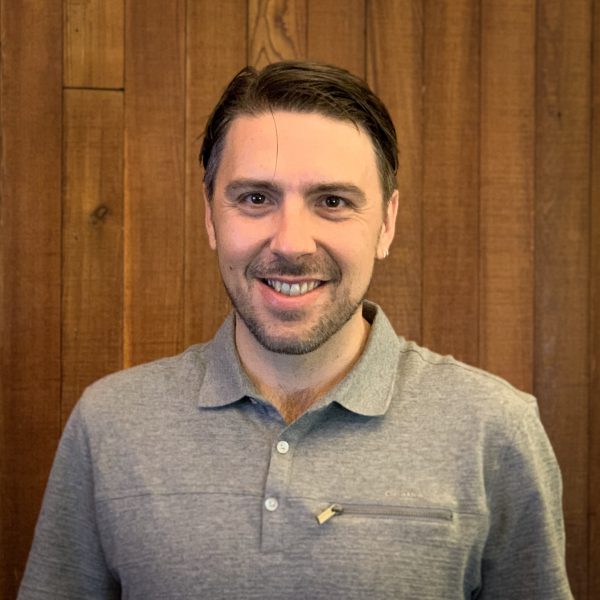Prevention Institute is pleased to announce we will be planning a new national initiative, Building Momentum for Park and Green Space Equity in Small and Midsize Cities, in partnership with the University of Utah. The initiative is funded by the Robert Wood Johnson Foundation.
During an eight-month planning period, we will co-design a multi-year funding program focused on policy and systems changes to increase equitable access to parks and green spaces in low-income communities of color in urban areas across the United States. Alessandro Rigolon, assistant professor in the Department of City & Metropolitan Planning at the University of Utah, will serve as a research partner on this groundbreaking effort.
Park equity—fair and just access to parks and green spaces—has been a core focus of PI’s work for over two decades. Urban parks and green spaces are essential community infrastructure that protect health by providing people of all ages and abilities opportunities for physical activity, time in nature, social connection, and respite. Parks also cleanse air, remove pollution, cool temperatures, and filter stormwater. But extensive evidence documents inequities by race, place, and income in parks, recreational facilities, and green spaces—as well as deficits in programming, amenities, staffing, and upkeep—across the U.S., with Black and Brown neighborhoods experiencing the greatest inequities.
PI’s recent park equity research, carried out in partnership with the Urban Institute, the University of California-Los Angeles, and seven community-based organizations, and funded by RWJF, found that closing gaps in access to parks and green space has the potential to significantly boost life expectancy in “park-poor” communities. Strategies to achieve park equity include increasing public funds invested in health-promoting park infrastructure in high-need communities; building capacity in government and community-based organizations for broad, inclusive community engagement in park planning and policymaking; and sharing innovative approaches and best practices to drive policy change.
The COVID-19 pandemic has underscored the essential role of parks in providing safe spaces for outdoor recreation and as hubs for emergency services at the same time the economic fallout from the pandemic has hollowed out municipal budgets, draining funds available for parks and recreation. This new initiative comes at a critical moment, and we hope that these efforts will accelerate national progress on health equity, racial justice, climate adaptation, and environmental equity by supporting the next generation of park equity advocacy efforts, including in small and midsize cities across the country.
Adapted from a press release from the Prevention Institute
Support for this project is being provided by the Robert Wood Johnson Foundation. The views expressed here do not necessarily reflect the views of the foundation.
Photo of a healing circle at Magic Johnson Park by Community Coalition.
